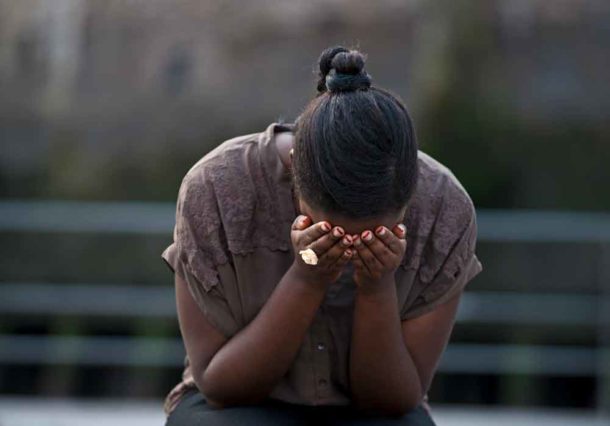
Zaiba Qureshi, chief executive of the Brixton-based Housing for Women charity that provides social housing and gender sensitive support services to women, calls for more genuinely affordable housing for them and warns that proposed legislation threatens the funding of refuges for women

It is widely reported that the housing crisis is affecting different groups in different ways – from millennials striving to get on the housing ladder, to young families struggling to keep up with rising rents.
The UK housing crisis has affected millions of people across the country of all ages and circumstances.
Women are disproportionate sufferers of the housing shortage in London. The gender pay gap means that women continue to, on average, earn less than men, and pay more of their income proportionally in rent.
As their wages are lower on average it makes it more difficult for them to afford market rents.
Challenge inequality
Our mission at Housing for Women is to empower women and challenge inequalities they face.
We do this by providing quality, genuinely affordable homes for women and their families in London who need it most, helping those who would otherwise be priced out of the London market.
We own and manage around 920 homes and, additionally, through our supported housing services, we also help women rebuild their lives after they have been trafficked, seek safety and support from domestic abuse and re-establish their families and relationships with children on leaving prison.
Women in London face many significant challenges to accessing housing on a daily basis, and knowing this motivates us to do more.
According to a recent Woman’s Hour report, London local authorities rank the lowest in terms of housing affordability in Britain.
Although more women than ever before are in work – around seven in 10, which is a record high, women are still much more likely to be low paid.
Some 25% of working women are low paid (3.5 million), compared to 16% of men (2.2 million) and, according to the Joseph Rowntree Foundation, women are more at risk of poverty.
Single women are proportionately more likely to be claiming housing benefit than single men and are therefore more affected by welfare and benefit changes such as the benefit cap.
As a provider of domestic abuse refuge services, we are mindful that cuts in local authority funding and the proposed ‘short-term supported housing’ reforms, set to be implemented from 2020, would end the last secure form of income for refuges and devolve all funding for refuges to local authorities to administer
In terms of wider housing policy, we would welcome an increase in the supply of more affordable homes nationally, and a redefinition of affordable homes linked to local incomes rather than market prices.
We believe that tenants should have choice, and right to buy offers this.
However, to prevent the further loss of much needed social rented homes, it is important that options for like for like replacement of properties that are sold are standard if right to buy is extended to housing association properties.
As a provider of domestic abuse refuge services, we are mindful that cuts in local authority funding and the proposed “short-term supported housing” reforms, set to be implemented from 2020, would end the last secure form of income for refuges and devolve all funding for refuges to local authorities to administer.
This would put at risk the current provision of accommodation services (refuge spaces) as many refuge providers would be forced to close reducing further this critical life-saving resource.
We would like to see the Government’s prioritise a sustainable, long-term funding future for specialist services.
Suffragettes
Housing for Women’s roots go back to the suffragette movement.
One of the earliest properties gifted to us was used as a safe house for suffragettes whilst fighting for votes for women.
Although there are different challenges to face today, our values and the core of our work remain the same: to provide homes and support services for women in London in greatest need.
There are always new challenges and opportunities that arise from changing demand and government policy; this is especially true in the current economic climate.
It is also the case that the need for affordable, high-quality housing, and effective gender-sensitive services, is greater than ever.
Housing for Women is organising a 10-kilometre run in London’s Hyde Park on 5 August this year to raise funds that will all go directly to supporting disadvantaged women and their children



